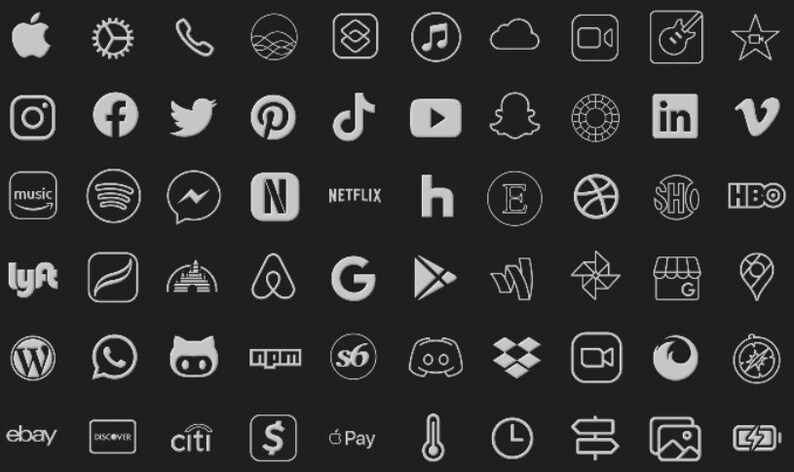The main culprit for providing Pop Culture has to be Twitter. Twitter happens to be one of the largest social media platforms that host a lot of news, controversial opinions and controversial people who are gravely passionate. These ingredients are the breeding ground for a lot of activism that comes about when something detrimental or devasting occurs on the news; especially something pertaining to social issues. As Gladwell states in Small Change: Why the Revolution Will Not Be Tweeted (2010), "The Internet lets us exploit the power of these kinds of distant connections [with our acquaintances] with marvelous efficiency. It's terrific at the diffusion of innovation, interdisciplinary collaboration, seamlessly matching up buyers and sellers, and the logistical functions of the dating world, but weak ties seldom lead to high-risk activism."
This type of "high-risk" activism has been seen countless times, even within the past two-three years it has been extremely prevalent. Recent social media outrage has circulated from the presidential election, the killings of George Floyd, Breonna Taylor, etc., Kyle Rittenhouse, COVID-19, the Queen dying, amongst countless of other things. All of these events led Twitter and a lot of other social media platforms awry from the way its users handled all of the concord and disarray. As Gladwell had said before, the internet allows us to connect to many different people, with that, people spread their bias on different topics that they might be passionate about, which creates a lot of grey area on if there are credible articles or who to trust in delivering reliable and trustworthy information. This sort of spread of misinformation is definitely one of the cons of Pop Culture.
The upside of Pop Culture is that there is a lot of information that is readily available, and more and more people are being educated through the likes of these social media platforms and different informational TV shows and movies that come out every year. Whether it be a show that features a main character going through the struggles of living in terrible environments that exist in the real world, or an animated show featuring a diverse cast who all have fun celebrating their different cultures and customs. Johnson in, Watching TV Makes You Smarter (2005), states: "For decades, we've worked under the assumption that mass culture follows a path declining steadily toward lowest-common-denominator standards, presumably because 'masses' want dumb, simple pleasure and big media companies try to give the masses what they want. ...the exact opposite is happening: the culture is getting more cognitively demanding, not less." A lot of times people associate Pop Culture with little intelligence, but the contrary is actually happening as people are like sponges. Once you keep feeding someone with information, they'll want to keep soaking it up and come up with different ideas and different talking points.
Anything that's popular, right now, can be considered Pop Culture. Whether it be popular clothes that are trending, a popular catchphrase, a TV show, a movie, or internet drama. Along with that, anything can be bad when over/misused, and anything could be good in a way. With that being said, everything is up to interpretation by whoever is consuming Pop Culture.
Gladwell, M. (2010). Why the Revolution Will Not Be Tweeted. The New Yorker, 312-327. https://www.newyorker.com/magazine/2010/10/04/small-change-malcolm-gladwell
Johnson, S. (2005). Watching TV Makes You Smarter. New York Times Magazine, 277-293. https://www.nytimes.com/2005/04/24/magazine/watching-tv-makes-you-smarter.html




No comments:
Post a Comment